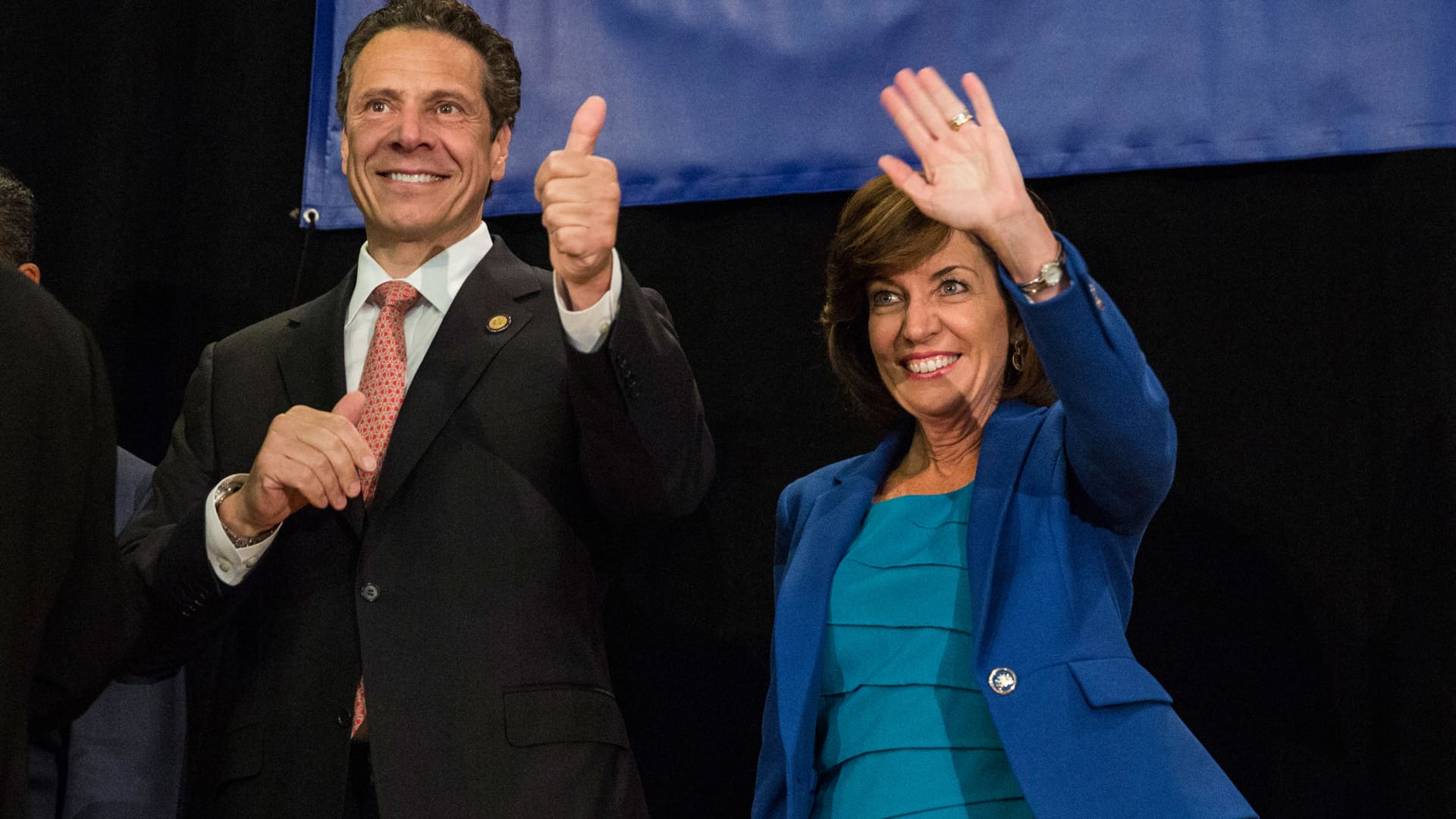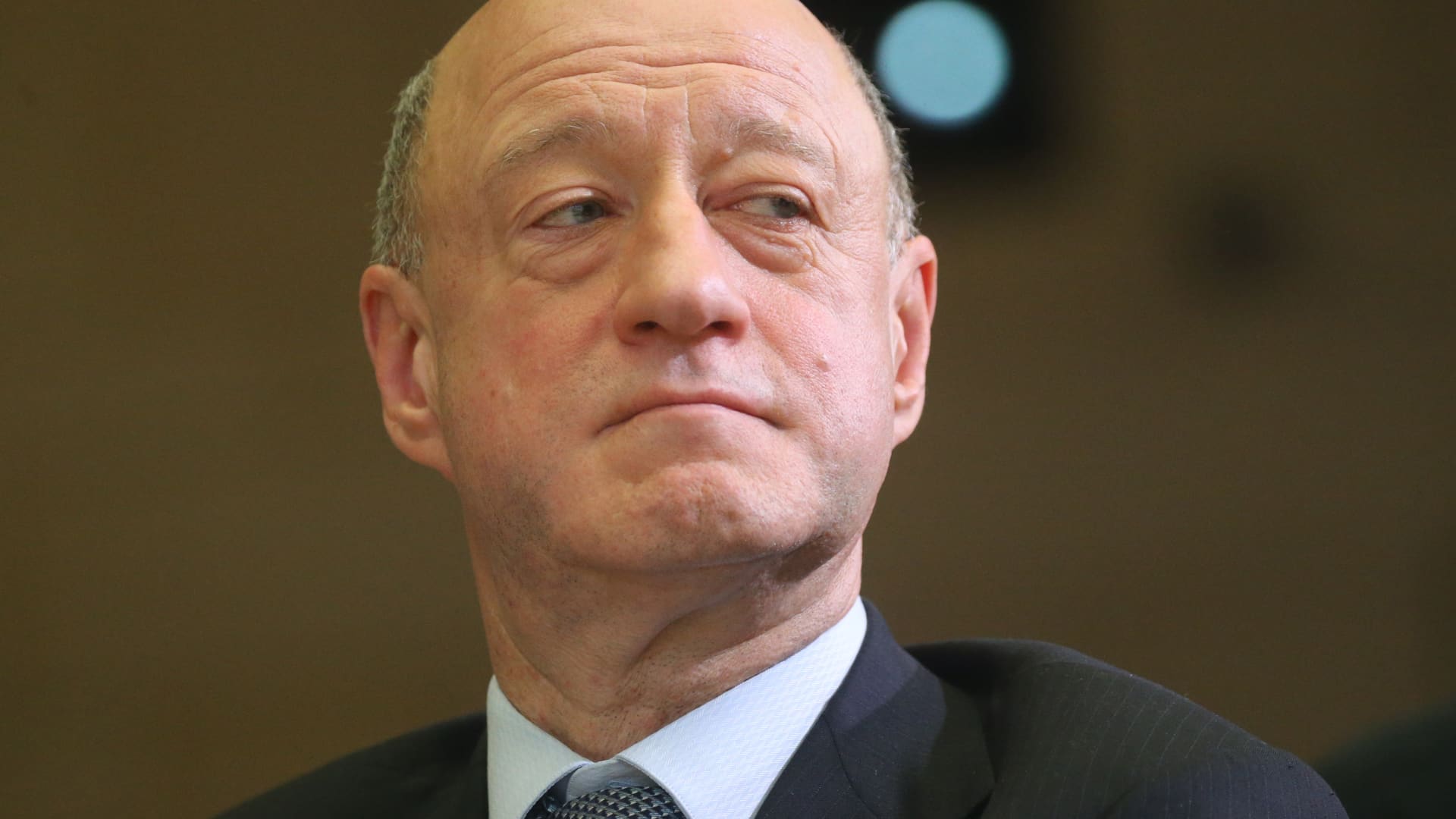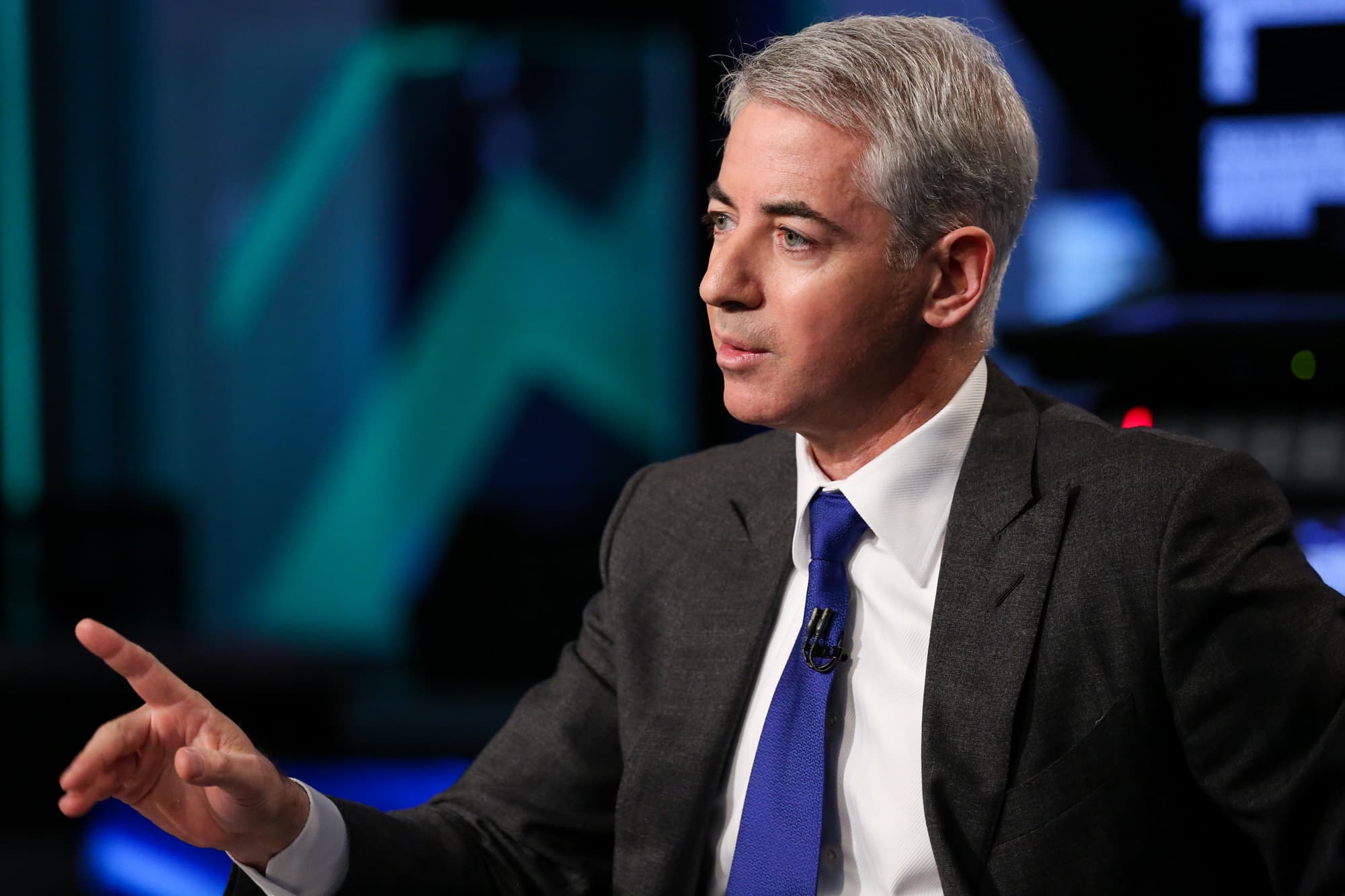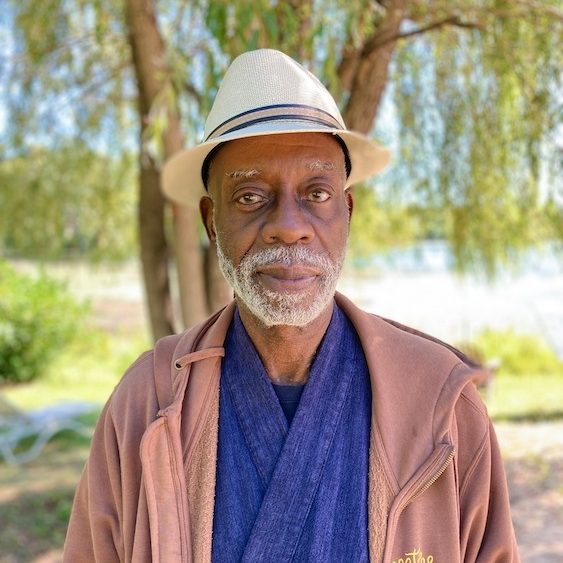Supreme Court conservatives sound skeptical of state funding exclusion for religious education
The Supreme Court's 6-3 conservative majority appeared willing to broaden the scope of public funding for religious education.
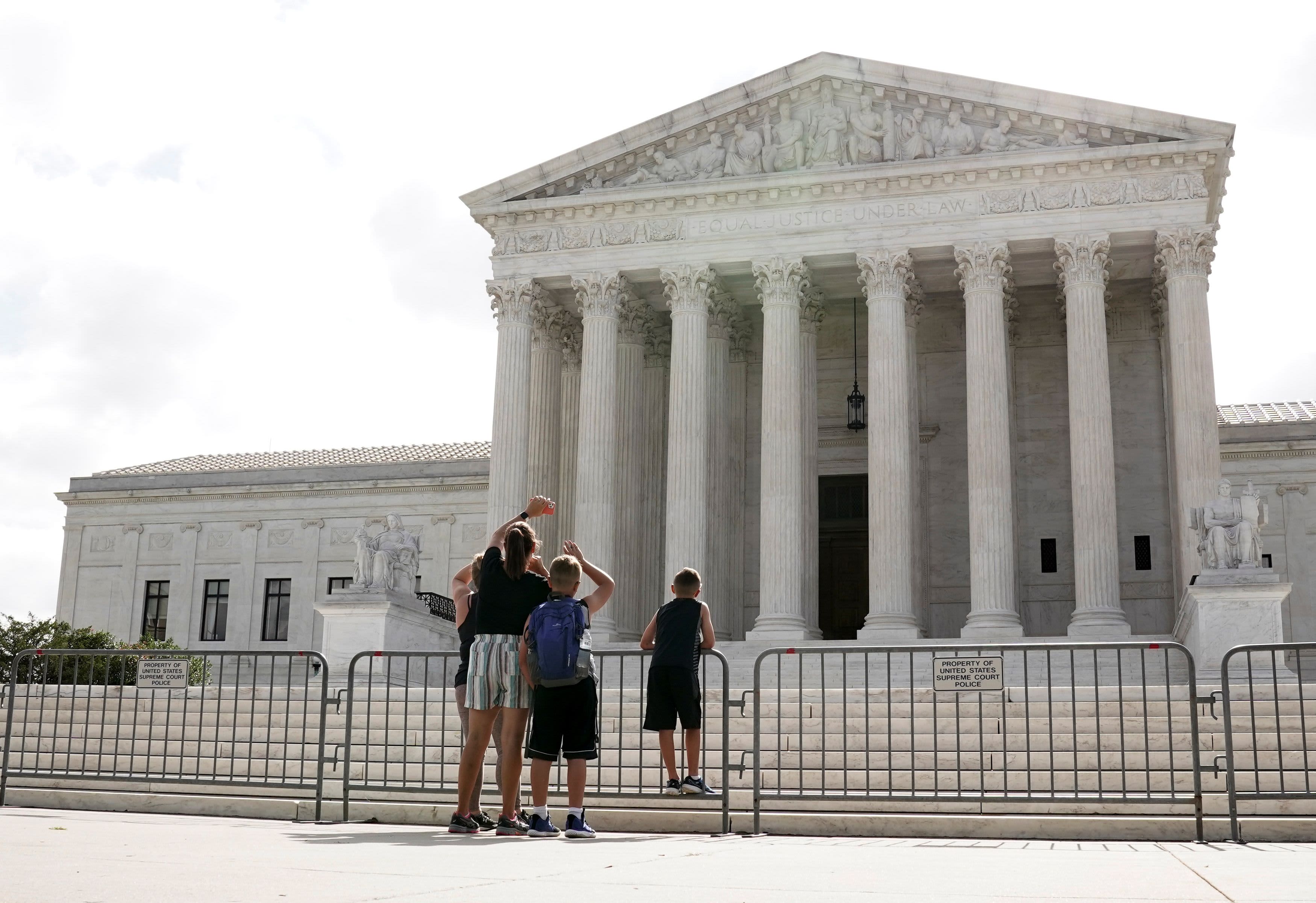
A family looks at the U.S. Supreme Court building as rulings are expected to be released today in Washington, D.C., U.S. June 25, 2021.
Ken Cedeno | Reuters
The Supreme Court's conservative majority on Wednesday appeared willing to broaden the scope of public funding for religious education as they questioned whether a state program discriminates on the basis of religious belief.
The nine justices heard oral arguments in Carson v. Makin, a case that centers on Maine's rule barring the use of a tuition-assistance program for schools that teach "sectarian" religious content.
Two Christian families are challenging that requirement, arguing that it amounts to an unconstitutional form of religious discrimination. They want Maine's tuition program to cover them sending their children to schools that teach Bible-based education and discriminate against gay people and other groups.
The Supreme Court is asked to rule on whether the nonsectarian provision of Maine's tuition program violates the Constitution.
Samuel Alito, one of six justices appointed to the high court by a Republican president, pressed a lawyer for Maine at length about whether the tuition program discriminated against certain religious beliefs.
"You're discriminating among religions based on their belief, right?" Alito asked after posing a hypothetical about two schools' religious practices.
"It is the beliefs of the two religions that determines whether or not their schools are going to get the funds or not. And we have said that that is the most basic violation of the First Amendment religion clauses, for the government to draw distinctions between religions based on their doctrine," Alito said.
The lawyer for Maine responded that only schools that inculcate religion in the classroom would be excluded from the tuition program.
Brett Kavanaugh, one of three justices nominated by former President Donald Trump, asked if the state was discriminating against religion by prioritizing secular education over sectarian schools.
"when it says that you can use [the public funds] for a secular private school but not a Protestant, Catholic, Jewish or Muslim [school] ... you say that's okay though," Kavanaugh said.
"What we are trying to achieve are schools that are religiously neutral," the lawyer for Maine responded. "What we want is religious neutrality."
The latest clash over the separation of church and state comes on the heels of the 2020 ruling Espinoza v. Montana Department of Revenue, when the court held 5-4 that a Montana scholarship program that gave funds to religious schools is protected by the Constitution.
If a state decides to offer private education subsidy programs, then "it cannot disqualify some private schools solely because they are religious," Roberts wrote for the majority opinion in that case.
In Carson, Maine argues that a crucial distinction is whether the schools are providing a religiously based education, rather than simply being a religious school that otherwise does not instill sectarian teachings.
"In excluding sectarian schools, Maine is declining to fund explicitly religious activity that is inconsistent with a free public education," attorneys for the state had told the high court.
An attorney for the families told the justices on Wednesday that regardless of whether the exclusion is based a school's religious status or its religious teachings, "It is discrimination based on religion, and either way it is unconstitutional."
Some rural areas of Maine do not have public secondary schools. The tuition assistance program allows public funds to be used for students to attend some private schools, some of which are outside the state.
"States should not be permitted to withhold an otherwise available education benefit simply because a student would make the private and independent choice to use that benefit to procure an education that includes religious instruction," lawyers for the Christian families argued in their bid for the high court to take up the case.
Lower courts had sided with Maine. "There is no question that Maine may ensure that such a public education is a secular one," a federal appeals court wrote in its October 2020 opinion.

 Astrong
Astrong 








